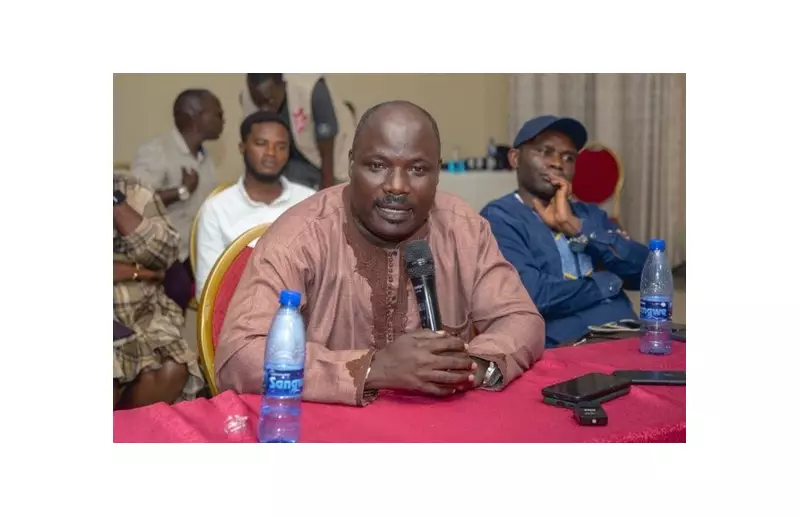
In a groundbreaking move that could reshape Africa's legal landscape, continental leaders are demanding the establishment of sovereign justice mechanisms to handle complex cross-border cases and international disputes. This bold initiative represents a significant shift toward legal self-determination and challenges the long-standing dominance of Western judicial systems in African affairs.
The Push for Judicial Independence
African heads of state argue that current international justice systems often fail to adequately address the unique challenges facing the continent. The proposed sovereign mechanisms would provide specialized frameworks tailored to Africa's specific needs, handling everything from transnational crimes to corporate disputes involving African nations.
Addressing Historical Imbalances
The movement for sovereign justice systems stems from decades of perceived imbalances in international law enforcement. Many African leaders contend that Western-dominated legal institutions have frequently imposed solutions that don't consider continental contexts or priorities. This new approach aims to correct these historical asymmetries.
Key Benefits of Sovereign Justice Systems
- Customized legal frameworks for African contexts
- Faster resolution of cross-border disputes
- Reduced dependency on foreign judicial systems
- Enhanced protection of African economic interests
- Strengthened continental unity and cooperation
Implementation Challenges and Opportunities
While the vision for autonomous justice mechanisms is compelling, implementation presents significant challenges. Establishing credible, transparent institutions requires substantial investment in legal infrastructure and human capital. However, proponents see this as an opportunity to create world-class judicial systems that could eventually serve as models for other regions.
The success of this initiative could mark a turning point in Africa's relationship with international law, potentially influencing how other Global South nations approach justice and dispute resolution in the coming decades.





